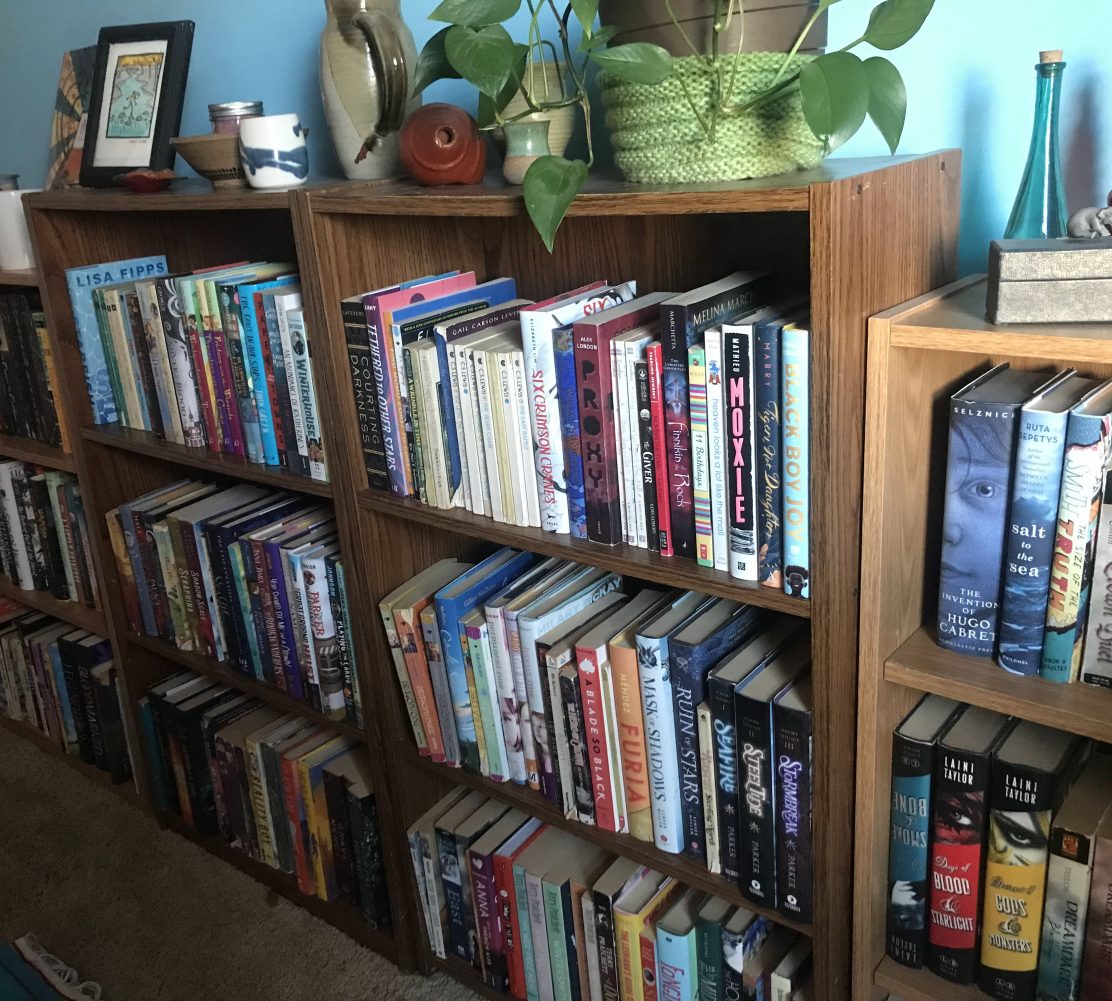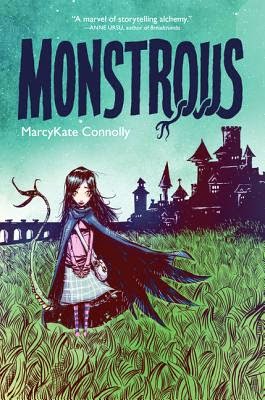
by Dara Horn
First sentence: “Either everything matters, or everything is an outrageous waste of time.”
Support your local independent bookstore: buy it there!
Content: There is some swearing, including multiple f-bombs. It’s in the adult fiction section of the booktstore.
Rachel has lived for centuries. Way way back, in Roman-occupied territory, she made a deal with God: save her son (the child of her and her love) and she will give over her death. Which means: she’s lived a long, long time. She’s been married many times, and reinvented herself many times. She’s had dozens and dozens of children. And yet, she’s never looked older than eighteen.
And so, in this most recent iteration of her life, her granddaughter is a scientist who is trying to solve the “problem” of death, and her lover (who also fore-swore death) has shown back up, manipulating her children’s lives, and Rachel has realized (not for the first time) that what makes life bearable is knowing that it ends.
The book was… okay. As far as musings about eternal life and what it means goes, it’s not bad. And I did finish it, so it wasn’t horrible. It just wasn’t great. It was interesting, but not compelling, and the ending was just there. Maybe I expected something more exciting (it’s about what it means to not die, after all), but really, it wasn’t all that.








